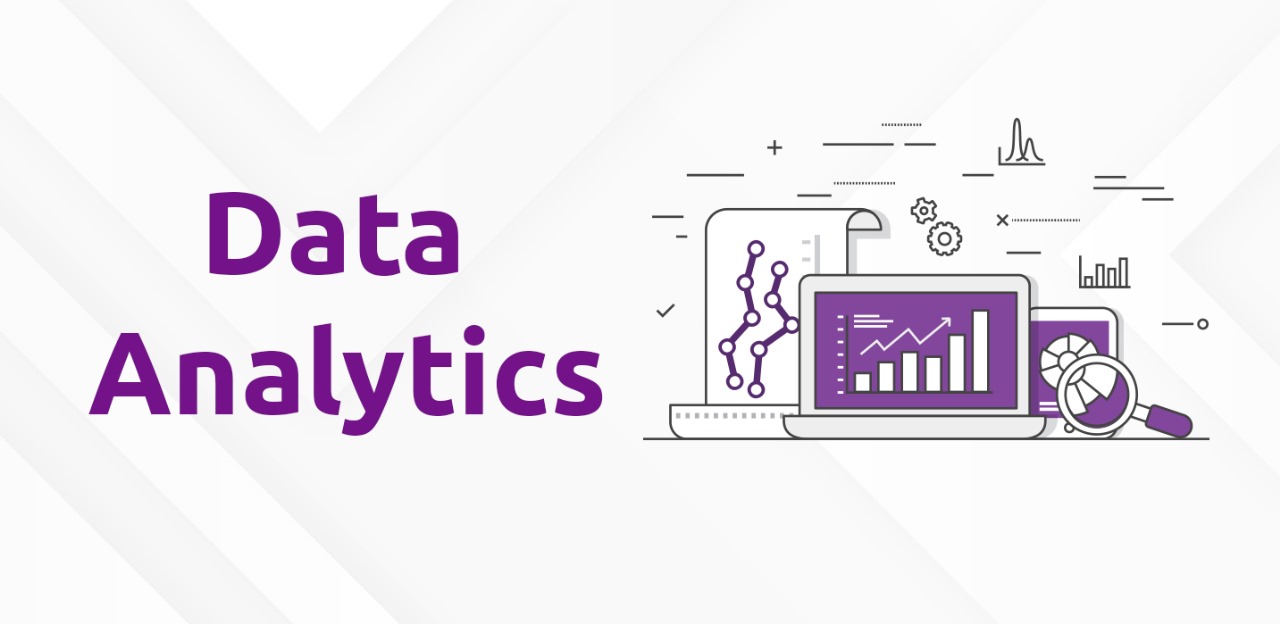What is Data Analytics?
Understanding Data Analytics
In today’s digital world, data is everywhere. But what exactly is data analytics? Simply put, it’s the process of analyzing raw data to find patterns, trends, and useful information. Businesses use data analytics to make better decisions, predict future trends, and improve overall performance.
If you're thinking about pursuing a Data Analytics Course in Bangalore, understanding the basics of what data analytics involves is a great first step. This guide will break down the key aspects of data analytics in a simple, easy-to-understand way.
The Basics of Data Analytics
Data analytics involves taking large sets of raw data and making sense of it. There are several steps in the data analytics process:
- Data Collection: Gathering the relevant data from different sources like databases, surveys, or sensors.
- Data Cleaning: Ensuring the data is accurate, removing any errors or missing values.
- Data Analysis: Using statistical tools and software to uncover patterns and insights.
- Data Visualization: Presenting the results in charts, graphs, or dashboards to make the findings easier to understand.
In essence, data analytics turns meaningless numbers into meaningful insights.
Different Types of Data Analytics
There are four main types of data analytics, each serving a different purpose:
1. Descriptive Analytics
Descriptive analytics answers the question, "What happened?" It looks at historical data to provide insights into past trends and performance. This is often the first step in understanding data.
2. Diagnostic Analytics
Diagnostic analytics digs deeper into "Why did this happen?" It identifies patterns in the data to understand the cause of certain outcomes. This is valuable for improving future strategies.
3. Predictive Analytics
As the name suggests, predictive analytics helps predict future events. It uses current and historical data to forecast trends, customer behavior, and market shifts. This type of analytics is crucial for businesses looking to stay ahead of the competition.
4. Prescriptive Analytics
Prescriptive analytics suggests "What should we do next?" It not only predicts future outcomes but also recommends the best course of action to achieve desired goals.
To learn more about how data analytics impacts industries, explore our blog on the Role of Data Analysts in Industry.
The Importance of Data Analytics
In today's data-driven world, data analytics is more important than ever. Businesses of all sizes use data analytics to gain insights into their operations, customers, and markets. It helps companies make data-driven decisions, improve efficiency, and even predict future trends.
Whether it's in retail, healthcare, finance, or marketing, data analytics plays a crucial role in helping organizations stay competitive. If you're curious about the wide-reaching impact of data analytics, check out our detailed article on the Importance of Data Analytics.
How Data Analytics is Used in Industries
Data analytics is not limited to one field. It has applications across various industries, such as:
- Retail: Companies use analytics to understand customer behavior and improve sales strategies.
- Healthcare: Hospitals and clinics use data to improve patient care, reduce costs, and manage resources more effectively.
- Finance: Banks and financial institutions rely on data analytics to detect fraud, manage risk, and optimize investments.
By understanding these applications, you can see how essential data analytics is in today’s business landscape. The demand for skilled data analysts is growing, and by taking a Data Analytics Course in Bangalore, you can gain the skills needed to succeed in this field.
Why Learn Data Analytics in Bangalore?
Bangalore is a booming tech hub in India, often referred to as the Silicon Valley of India. It is home to many multinational companies, startups, and tech giants that are constantly seeking skilled data analysts to manage and interpret their vast amounts of data.
A Data Analytics Course in Bangalore provides not only hands-on learning but also exposure to industry leaders and networking opportunities. If you're looking to start or advance your career in data analytics, Bangalore is the place to be.
Conclusion
In summary, data analytics is the key to unlocking valuable insights from raw data. By learning how to analyze and interpret data, you can help businesses make smarter decisions, improve their operations, and plan for the future. Whether you're interested in retail, healthcare, finance, or any other field, data analytics skills are in high demand.
If you're ready to get started, consider enrolling in a Data Analytics Course in Bangalore. Not only will you learn the technical skills needed, but you'll also gain practical experience that will set you apart in the job market.
Make sure to explore our other blogs for more insights:

